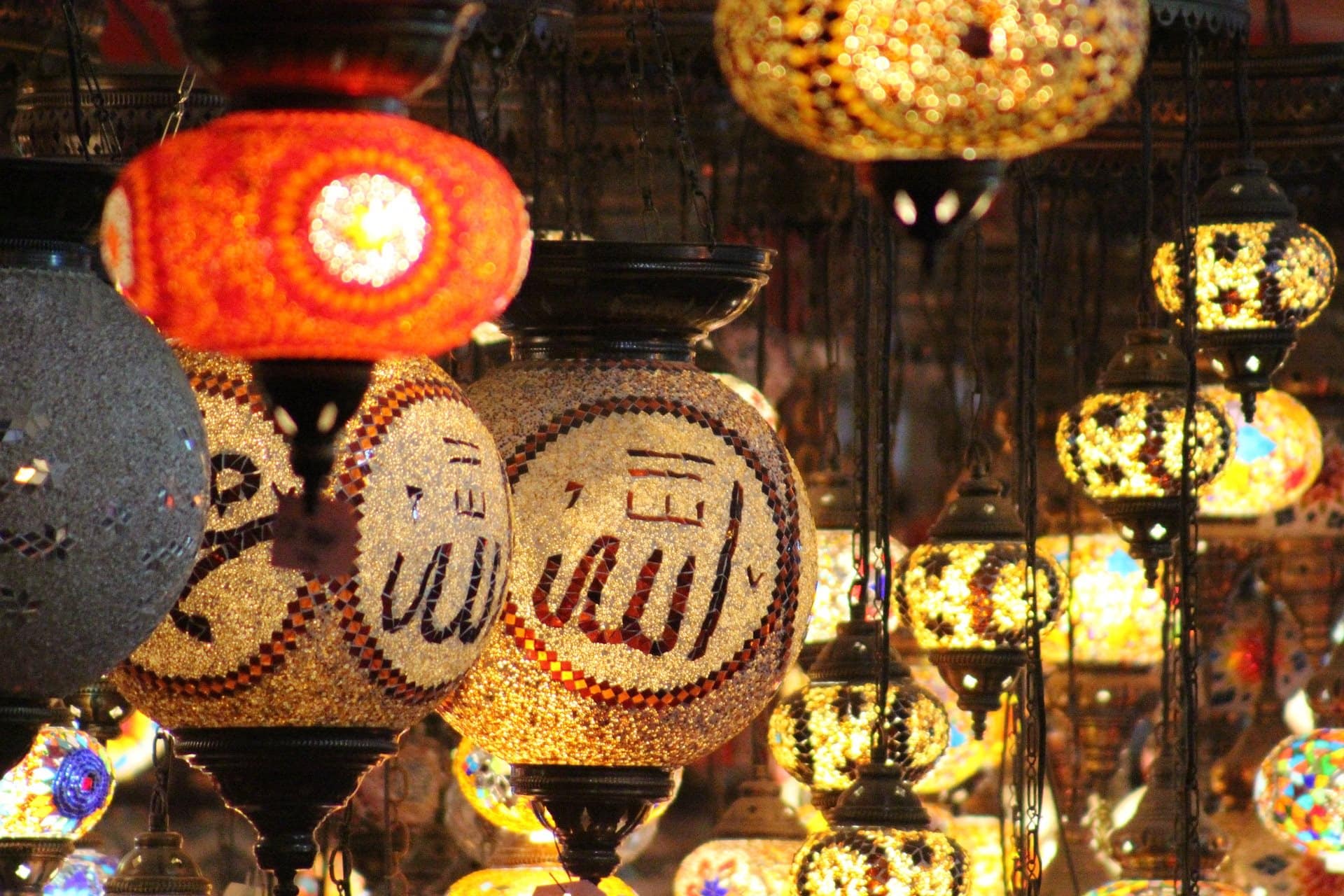By Mona Ismaeil
The time has come when you may find yourself in those awkward situations where you offer your colleague something to eat or drink and they say they are fasting! Ramadan is near! It doesn’t have to be awkward! Here is what you need to know about Ramadan and your workplace.
What is Ramadan?
The Holy month of Ramadan is a very spiritual month for Muslims around the world. For 30 days, Muslims will refrain from food, drink, smoking and spousal relations from sunrise to sun set. Between these hours, Muslims fast. Fasting is one of the Five Pillars of Islam.
There are a number of reasons Muslim fast during Ramadan. The first is that it shows devotion to Allah (God). Secondly, during periods of fasting there is a heightened spirituality and closeness to God. The time of the year includes more prayers, reading of the Holy Qur’an and gathering in remembrance of God. Next, Muslims practice self-control and finally there is a recognition of the many blessings we are granted.
At the end of Ramadan, Muslims are required to give a percentage of their wealth to those in need in an act of charity.
Why do Muslims fast during Ramadan?
There are many reasons that Muslims fast:
- Sawn (fasting) is one of the five Pillars of Islam
- Act of devotion to Allah
- Time of heightened spirituality
- Empathy for those who are less fortunate
- Practice of self-discipline
- Health benefits
- A special time for family and community; strengthening relationships
- God’s wisdom guides Muslims to fast for reasons beyond their understanding
What do Muslims refrain from during Ramadan?
Unlike other Faiths where worshipers may refrain from certain things for the entire time like that of Lent, Muslims only do during fasting hours; sunrise to sunset. This includes:
- Food
- Drinks (yes, not even water)
- Smoking
- Spousal intimacy
- Speaking ill of others
- Uncontrolled tempers
- Gossiping
- And more
How can you show respect to someone fasting Ramadan?
- Be genuine; you may have questions and that is perfectly fine. Be sure you are asking from a place of genuine curiosity and not judgement.
- Be normal around them. It is okay to eat and drink around them. Muslims believe that the blessing is in the struggle. They are consciously choosing to fast, and would not want to feel like they make things awkward for others.
- When planning work lunches, or celebrations, take them into consideration. If something must be planned during Ramadan, know that your Muslim colleague may or may not attend. Respect their choice, they are not trying to offend.
- Give them space; if you notice your colleague withdrawing a little and no longer coming out for lunch like before it is not personal. As Ramadan is a time of heightened spiritual practices they may choose to use their lunch break to do that. Also, they may be a bit tired and need some down time.
- Try to be understanding. Fasting is a difficult task but with great reward. With long fasting hours, you may notice some colleagues asking for adjusted work hours. Try to understand that they are doing their best to balance their personal spiritual life with their work. It is about ensuring their personal life does not affect their work performance.
- There are many reasons someone may not be fasting at any given time or even at all. Some include: pregnancy, menstruation, illness, need for medication and so much more. If you see your colleague eating or drinking be respectful and do not ask them why. Fasting or not fasting is a very personal experience and there is no need to ask. If they want to, they will tell you.
- Give it a try. If you want to experience fasting, then go for it! Try it for a couple hours, for a whole day, try it!
With your patience, support and respect you can help ensure your Muslim colleagues have an easier and more spiritual Ramadan.
Mona Ismaeial is a modest fashion blogger, writer and community organizer. As Director of External Affairs with Alberta Muslim Public Affairs Council – AMPAC, Mona advocates for Muslim women and promotes their civic engagement, builds interfaith bridges, and is passionate about bringing awareness about Islamophobia to light in public forums.
A trained teacher and seasoned educator, Mona lectures on a variety of subjects across the province, including Islamophobia, bullying, building acceptance, and multiculturalism. Her favourite thing to do is spend time with her 2 children enjoying all Edmonton has to offer!
